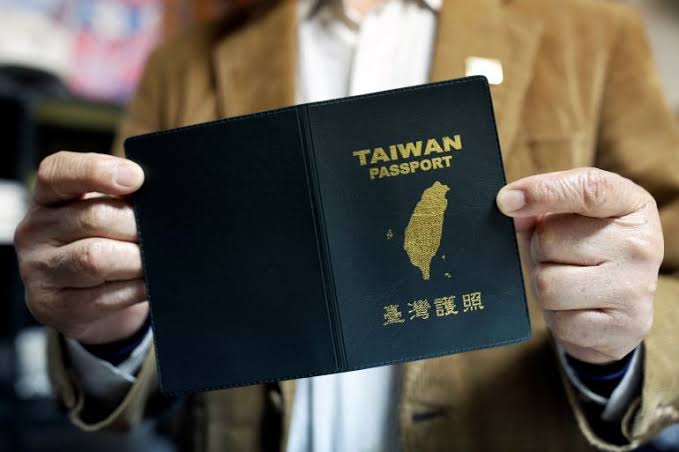Facebook Twitter (X) Instagram Somali Magazine - People's Magazine
Somalia has officially barred citizens of Taiwan from entering, transiting, or departing through its territory in a sweeping diplomatic response to what it deems unauthorized activities by Taiwan in the self-declared independent region of Somaliland. The move marks a significant escalation in tensions as Somalia reinforces its stance on national sovereignty and foreign influence.
The directive, which took effect at the end of April, was communicated to all airlines operating in Somali airspace. Carriers were instructed to reject passengers holding Taiwanese passports at check-in or boarding stages. Somalia’s decision stems from what it described as repeated violations of its territorial integrity, accusing Taiwan of operating diplomatic missions in Somaliland without official clearance from Mogadishu.
Somaliland, which declared independence from Somalia in 1991 following a civil war, has long operated as a de facto autonomous state with its own government, military, and currency. However, it is not officially recognized by any member of the United Nations, including Taiwan. Despite this, Taiwan and Somaliland have pursued increasingly close ties since 2020, establishing reciprocal offices and exchanging diplomatic visits under the framework of “unofficial cooperation.” Somalia views these moves as provocations and acts of interference.
In a tit-for-tat response, Taiwan has announced a reciprocal travel ban on Somali citizens, barring holders of Somali passports from entering its territory. The Taiwanese government condemned Somalia’s move as politically motivated and driven by foreign pressure. Officials in Taipei pointed to what they believe is growing influence from external actors attempting to curtail Taiwan’s global engagement, although they stopped short of naming specific nations.
The Taiwanese Ministry of Foreign Affairs also issued an advisory warning its citizens against traveling to Somalia or Somaliland, citing heightened risk and uncertainty. The statement reaffirmed Taiwan’s commitment to its partners and emphasized that its cooperation with Somaliland was grounded in shared democratic values and mutual development goals, not in political gamesmanship.
The flare-up has drawn regional and international attention, as it touches on multiple sensitive issues: territorial sovereignty, the politics of recognition, and the shadow of global superpower rivalry. While Somalia insists on defending its territorial unity, Taiwan sees partnerships like the one with Somaliland as a vital lifeline in its quest for international presence, especially given its exclusion from most global organizations.
China has long opposed Taiwan’s diplomatic outreach and maintains its own close ties with Somalia. The renewed dispute over Somaliland provides a backdrop for ongoing tensions between Beijing and Taipei, where every new bilateral engagement by Taiwan is often met with diplomatic pushback from those supporting the “One China” policy. The Horn of Africa, rich in strategic location and political complexity, is increasingly becoming another frontier for this broader contest.
What began as quiet cooperation between two marginalized governments—Somaliland and Taiwan—has now triggered a visible geopolitical clash. For Somalia, the issue is about control and preserving national unity. For Taiwan, it’s about survival and carving out diplomatic space where it can. And for Somaliland, caught in the middle, the attention might bring both opportunity and additional scrutiny.
This latest round of diplomatic escalation underscores how even small, unofficial alliances can stir significant reactions on the global stage. As international dynamics continue to shift, the consequences of decisions made in places like Hargeisa or Mogadishu are likely to resonate far beyond the Horn of Africa.

